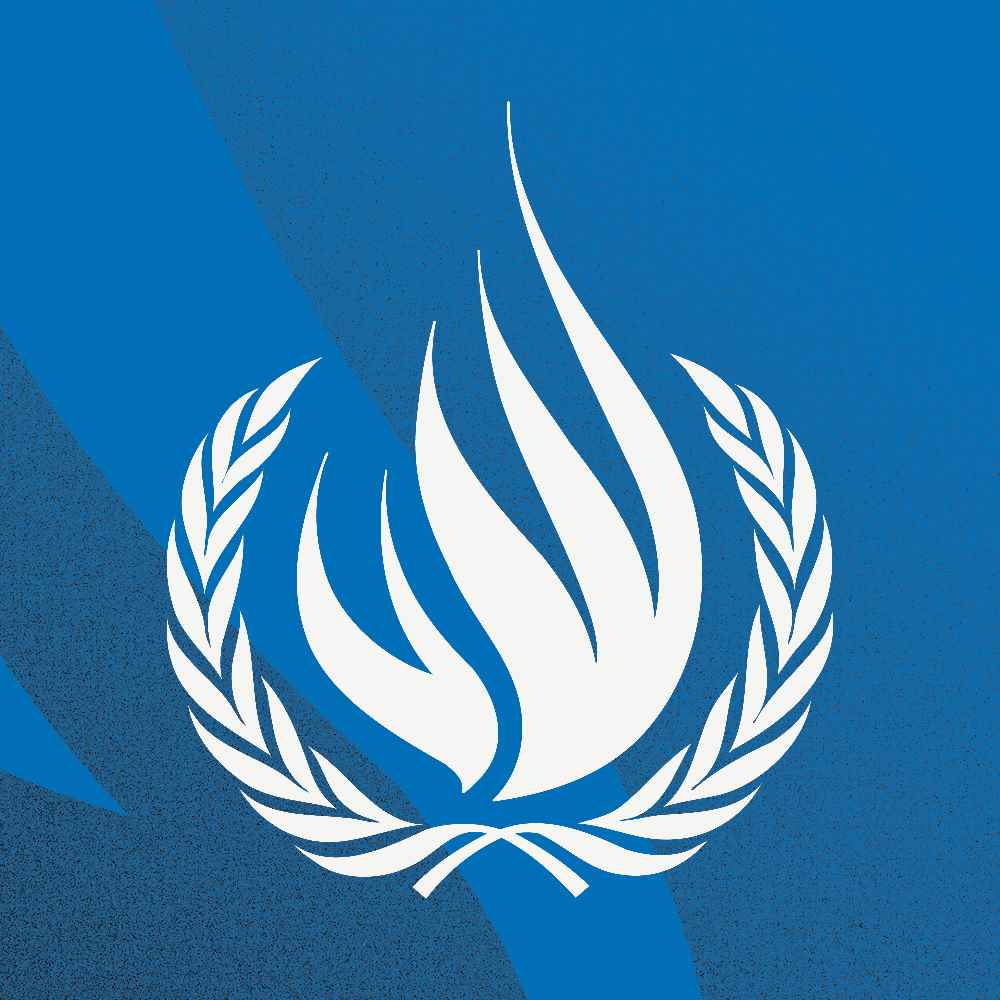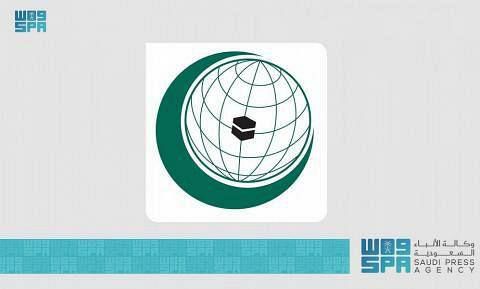
The international Red Cross leader said Tuesday humanitarian help alone would not solve the Rohingya refugee crisis and inclusive political solutions are needed for the 700,000 people who fled Myanmar violence to Bangladesh.
The UN has said the Myanmar military crackdown on Rohingya Muslims last August in retaliation for an insurgent attack was "ethnic cleansing." Myanmar and Bangladesh have signed an agreement for repatriating refugees, but its implementation is uncertain due to safety, verification and other concerns.
President of the International Committee of the Red Cross Peter Maurer visited Rakhine state in Myanmar where the refugees once lived as well as the camps where they live now in Bangladeshs Coxs Bazar district. He said people in both places were suffering.
"I met those who stayed and those who left, and it is clear that people are suffering on both sides," he said. "People lack secure housing, electricity, latrines, medicine and health care. There are few options for people to earn an income to allow them to move beyond aid and emergency conditions."
Maurer also said the conditions for repatriation to happen were tough. "The conditions are simply not there for large numbers of people to return home," he said.
The Rohingya have faced state discrimination for generations in Buddhist-majority Myanmar. Maurer said their return would require "steps towards ensuring freedom of movement, access to basic services, freedom to undertake economic activity and access to markets in Rakhine, and most importantly trust in security arrangements for returnees," he said.
He said while he was in Myanmar, he met Muslims, Buddhists and Hindus and they described "how the social fabric and local economy have been destroyed, making people entirely reliant on humanitarian aid."
"In one village I visited, less than a quarter of the population remains, only 2,000 of the original 9,000 villagers," he said.
In the camps in Bangladesh, over a million people live in misery, held hostage to a profoundly unsettling contradiction, he said.
"Those sheltering in the camps of Coxs Bazar live in shocking conditions that violate human dignity," he said, noting the conditions in the camps will worsen with the monsoon rains arriving.
UN Secretary-General Antonio Guterres, World Bank Group President Jim Yong Kim and UN High Commissioner for Refugees Filippo Grandi all visited the refugee camps this week and promised to work with Bangladesh toward resolving the crisis.
Guterres called for more international pressure on Myanmar to create conditions safe for the return of hundreds of thousands of Rohingya Muslims who have fled the country since the military crackdown.
"A better future for the people here will need inclusive political solutions, environmentally sustainable economic investment and a strong commitment to international humanitarian law and human rights," he said in a statement in Dhaka as he concluded his visit.
On Sunday, Guterres and Kim met with Bangladeshi Prime Minister Sheikh Hasina at her office in Dhaka, while Maurer met with her on Monday, according to Hasina’s press secretary, Ihsanul Karim.
Guterres told her he found a positive attitude in Myanmar toward resolving the crisis, Karim added.
After visiting the camps, Kim tweeted that he was humbled and moved by the courage of the Rohingya.
“We cannot turn our heads away. We stand in solidarity – today we are all Rohingya,” the World Bank head wrote.
The United Nations and Myanmar struck an agreement in May that the UN hopes will eventually allow thousands of Rohingya to return safely and by choice.
“This memorandum of understanding is the first step on the way of progressive recognition of the rights of the people,” Guterres said, speaking inside a bamboo shelter at a refugee camp on Bangladesh’s southeastern coast.
“This is the kind of concession that was possible to obtain at the present moment from Myanmar … Let’s test the sincerity of this concession and then let’s move on in relation to the full rights of the people.”
The visit by Guterres came 10 months after attacks by Muslim militants in Myanmar triggered a military offensive that has forced more than 700,000 Rohingya – a mostly Muslim ethnic minority – to escape to neighboring Bangladesh. The UN has described the crackdown as ethnic cleansing, an allegation Myanmar denies.
The MOU, details of which were reported by Reuters last week, does not offer explicit guarantees of citizenship or freedom of movement – which have been among the key demands of many Rohingya, a long-persecuted group that Myanmar doesn’t consider citizens.
Along a rain-soaked, muddy road outside the shelter where Guterres spoke to the press along with Kim, a group of refugees stood holding cloth banners listing their demands: “Include Rohingya in agreements about Rohingya” and “Dignified repatriation must include full citizenship right as Rohingya ethnic group.”
Some Rohingya leaders have said they wouldn’t accept the deal in its current form.
Guterres said the agreement was UN’s effort to try to force the Myanmar government “to pave the way for potential future returns.”











